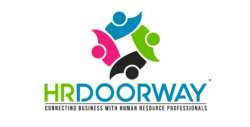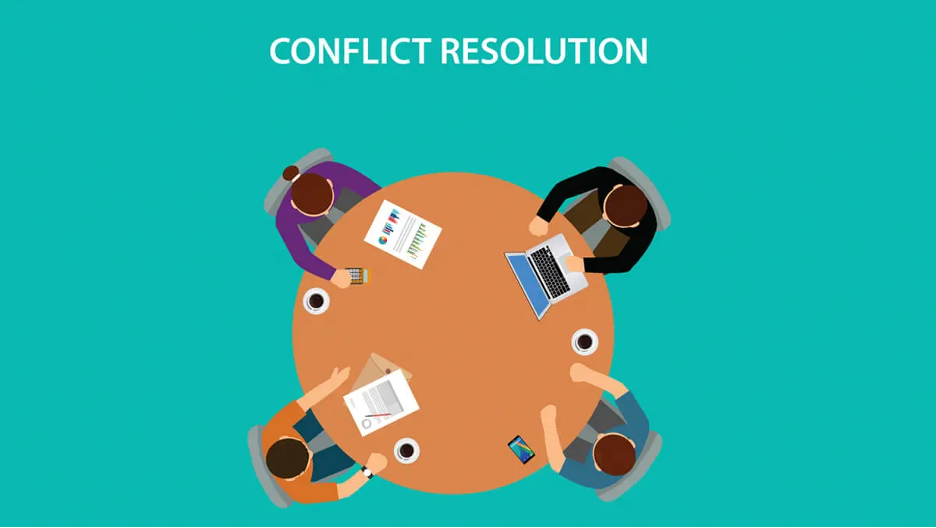How the proper degree program can help you respond to these 5 issues
Human resource managers face challenges regularly, given the very nature of their job. They have a wide range of responsibilities and are often called upon to act as counselors, coordinators, and experts on company policy. Regardless of the organization’s size, there are a number of sensitive topics human resource managers regularly address. Here are just a few:
- Cultural Differences
Workplaces employ diverse populations that create a melting pot of cultures—each with their own unique customs, beliefs, and traditions. While cultural diversity in the workplace has a number of advantages, it can also present challenges. Diverse cultures have differing perspectives on such topics as teamwork, feedback, communication, and more. These cultural differences need to be recognized and reconciled to create a successful workplace.
Because cultural differences can be very difficult to navigate, pursuing a graduate degree in human resources is a great option to help ensure you’re prepared to lead a culturally diverse organization to positive outcomes.
- Conflict Resolution
Conflict resolution within the workplace requires critical attention. Mismanaged or unresolved conflict can have negative outcomes for any business and can result in inefficient teamwork, lack of staff collaboration, insufficient communication, faulty product development, and employees quitting or getting fired.*
Human resource management professionals need to manage conflict and therefore must understand the many layers of conflict resolution and how it differs across environments. An MS in Human Resource Management can give you the skills to help mediate any number of conflicts based on employee personality types.
- Personal Hygiene
Personal hygiene might be one of the most uncomfortable issues that you have to face in your HR career. Every workplace has its own set of rules when it comes to dress codes and employee behavior; however, as an HR manager, you have to be able to tell the difference between a controllable behavior and a disability.
The issue of personal hygiene requires sensitivity and it is important to approach this issue with an open mind and discretion. One thing that can be very helpful is to have a personal hygiene and dress code policy with clear, uniform personal appearance expectations for all employees.
- Substance Abuse
Results from a 2013 study by the Substance Abuse and Mental Health Services Administration (SAMHSA) found that 68.9% of all drug users and 79.3% of binge drinkers aged 18 and older are employed full or part time.† Those numbers are staggering and mean that such issues could likely cross your desk. It might seem like a personal issue that employees need to face on their own, but uncontrolled substance abuse is associated with negative work behaviors—like absenteeism and frequent job changes—which human resource management will have to address.‡
An employee assistance program (EAP) provides services such as counseling and substance abuse clinics. EAPs are an effective resource and can be sought out by employees on their own or at the urging of a human resource manager. However, EAPs aren’t the answer to everything, as many employees avoid utilizing them in fear of being stigmatized as an addict. Robert Gross, a contributing editor for HR Magazine, says, “Unless they are well-trained, supervisors often let substance abusers fly under the radar until they’re forced to act after a failed drug test …”§ As a member of the human resource management team, you should approach any employee suffering from substance abuse constructively with a comprehensive strategy for recovery.
- Mental Illness
Mental illness is not something to be “dealt” with, but rather accommodated. It is the employee’s decision to disclose if they are suffering from a mental illness. Your role as a human resource manager is to ensure that you have a stigma-free workplace. By learning how to understand and listen to employees who are struggling with mental illness, you can gain insight into what your employees are going through, ultimately leading to better employment outcomes.
If you are ready to pursue or advance your human resource career, you’ll be glad to know that the need for human can give you the competitive edge to tackle these five issues and much more.

